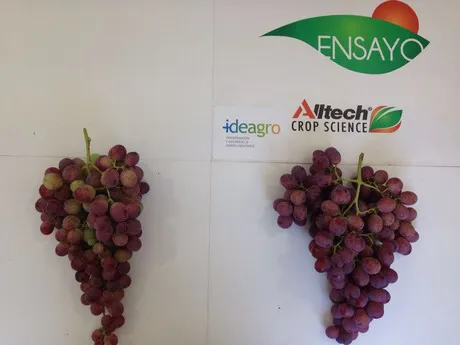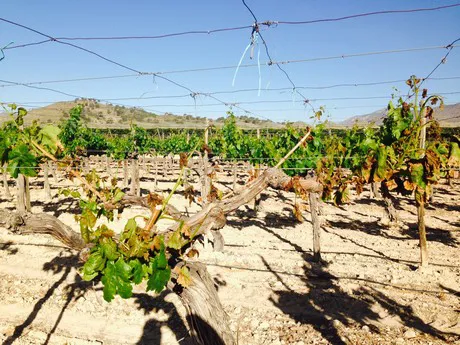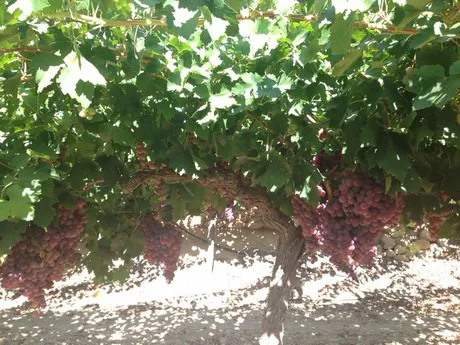Esca, one of the biggest threats to today’s global grape production, is a complex disease involving different fungi. It attacks the main vine of the plant and can destroy it within a few days. There is no questioning the unstoppable pace at which it progresses.
We have seen in previous articles its history and economic impact and explored its biology, symptoms and consequences on plant health. But, are new scientific tools like nutrigenomics able to help us find a solution?
Dr. Richard Lally, research scientist, Alltech Crop Science, looks at the nutrigenomics of esca.
What is nutrigenomics?
Nutrigenomics is essentially the study of nutrients’ influence on gene expression. Sometimes you get the question, "Well, is this GMO? Is this gene editing?" It's very quickly clarified that it's not. Nutrigenomics is the study of the activity of a gene while under the influence of a nutritional additive. What we typically do is take a material or a product and look at how plants respond to it. In our crop science research, we're studying nutrigenomics as a way of helping alleviate diseases or other pressures, such as drought or salinity. Ultimately, we’re helping boost the performance of crops by understanding their natural response in their environment.
How can it benefit producers?
We can summarise it by trying to attribute an advantage to a plant. We are doing everything we can to increase the genetic potential of an organism. Let's say we're looking at carrots. The carrot is going to be subjected to many stresses during its growth cycle. The carrot could be overloaded with fertiliser, it could be fighting diseases or suffering from drought. Through our technology, in combination with our nutrigenomic tools, we aim to assess the genetic performance of that carrot and see what we can do to help bring optimal performance to those genetic mechanisms. This helps bring the carrot back to a normal and improved growth cycle, consequently recovering that yield for a producer.

Are there some case studies where nutrigenomics has made a big difference?
The issue of citrus greening in Florida is a good example of how using nutrigenomics can help understand the capacity of one plant to defend itself. Citrus greening is a particularly problematic disease — the worst disease that has ever hit citrus. As a result, production is down about 70% in Florida. Citrus green occurs when a pathogen enters the plant via an insect vector. In our trials, we were able to understand and demonstrate that using a particular elicitor on infected trees would boost the expression of the genes involved in the induced resistance of the plant. Some of the genes involved were coding for stress response proteins, some for defence compounds and others for signalling molecules. This is a great way to complement the other more traditional approaches, and we can build a very successful program with this information.

Could we apply the same approach to esca?
Yes, my colleagues are carrying out some work with this in Europe. We are calling on the same natural elicitors in grapes as on citrus, because we now know that the defence mechanisms are common in these different crops. On-going trials in Spain with grapes affected by esca continue to give positive results. This helps us build on a bank of knowledge stemming from our original research. Treated plants result in healthier leaves, which help slow down esca. We have also observed normal yields of good quality berries. It makes a big difference, especially because in this case there is no real alternative; helping the plant defend itself helps us manage the problem.

Alltech Crop Science is exploring natural-based solutions
Alltech Crop Science, as a global leader in innovative natural-based solutions, is looking at alternative programs to help farmers find a way to protect their vines. Our nutrigenomic research team has been studying how the nutritional programs can trigger the activation of defence genes, allowing the plant to better defend itself against such internal disease as esca. Our other global research partners, particularly in Spain, are leading the charge in solving this problem. There have already been promising initial results.
For more information:
Maria Daly
Alltech
Tel: +353 1 802 6279
Mobile: +353 86 466 9554
Email: mdaly@Alltech.com
www.alltech.com
